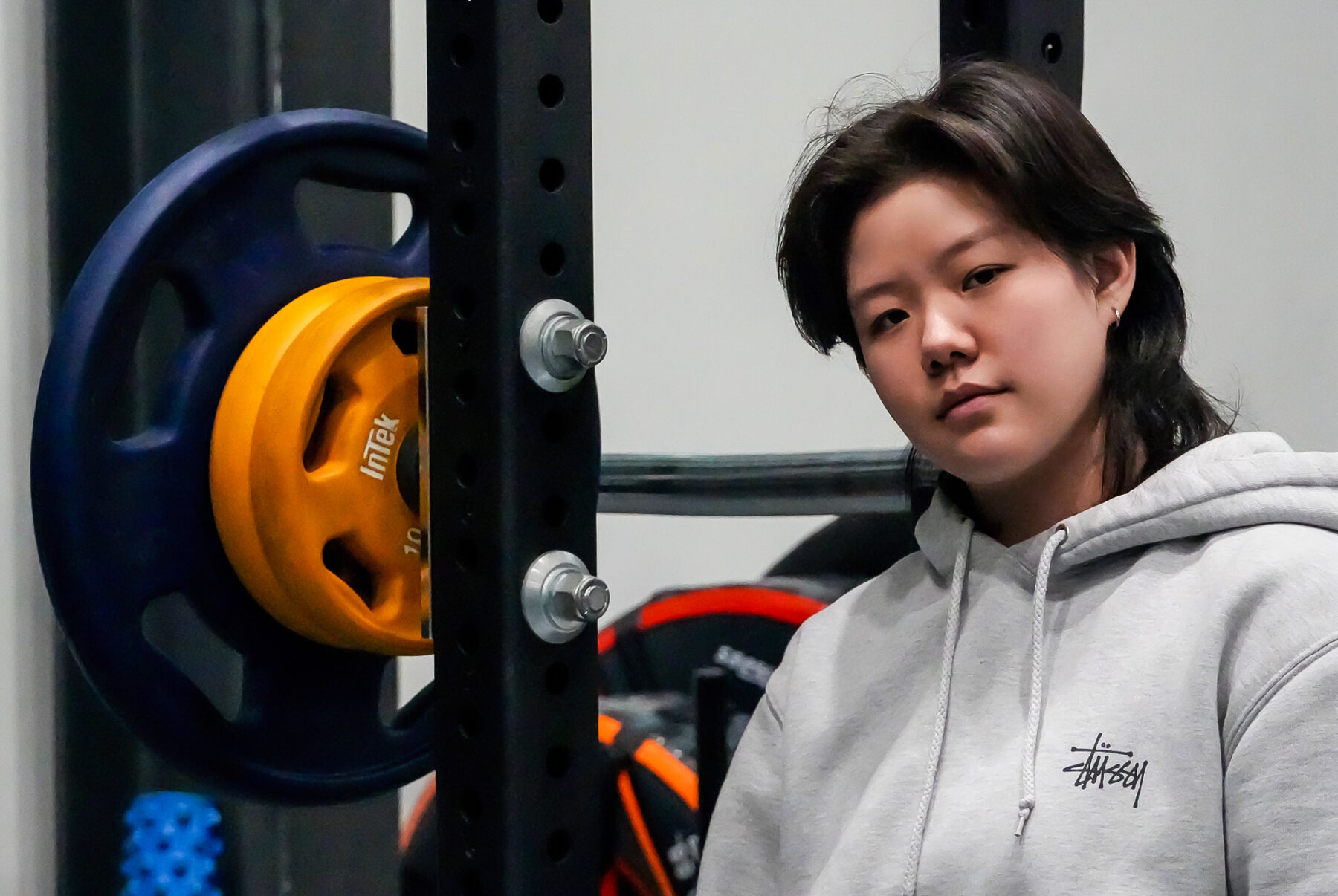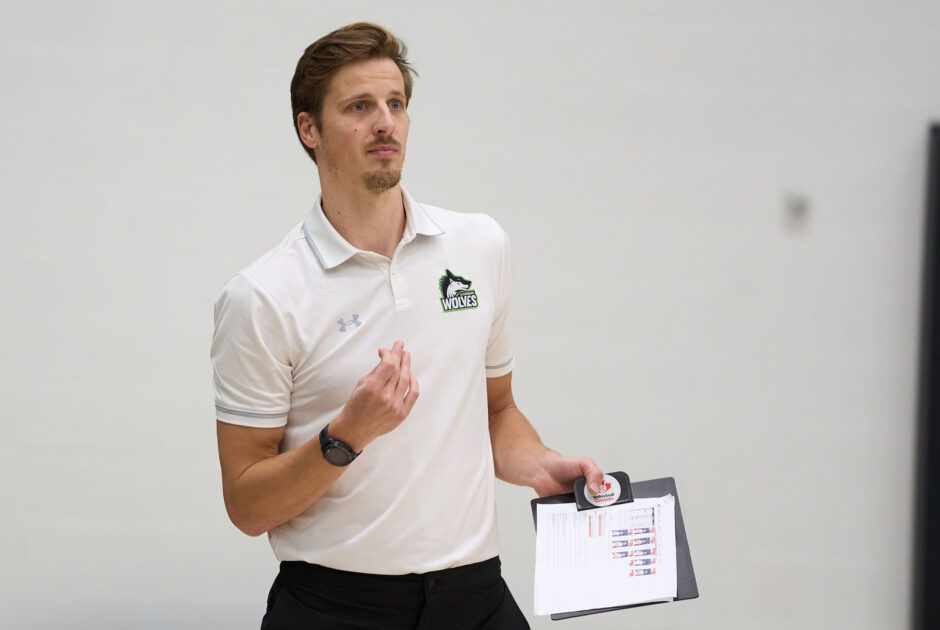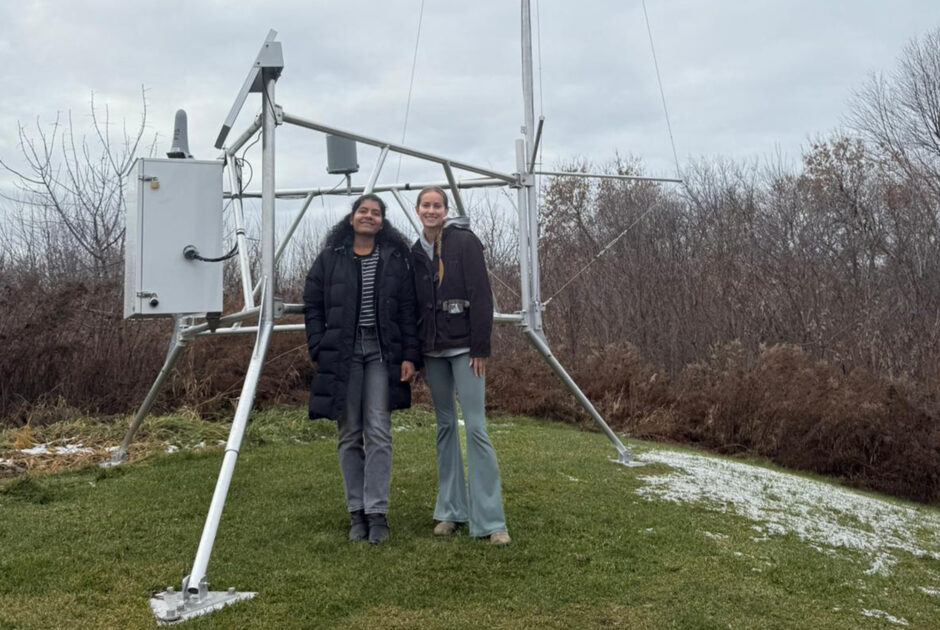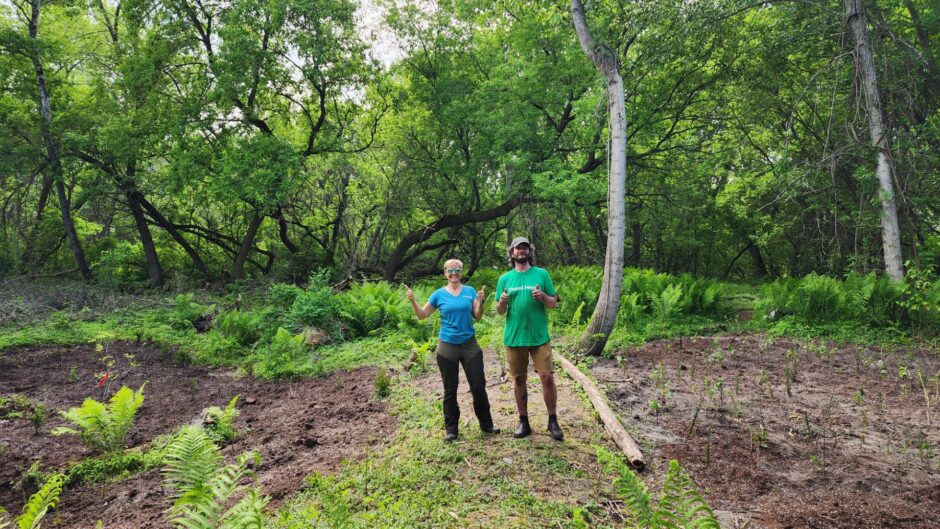First Person: A healthy weight-loss journey skips the shortcuts

I remember a dark moment five years ago. I had just knocked over a pot of vegetables I was about to cook. The brown glass pot shattered on the floor, scattering boiling water and vegetables across the kitchen—much like my fractured dieter’s resolve. Kneeling in the shards of glass and spilled food, I sobbed. My mouth was still numbly chewing on a piece of broccoli.
Losing weight felt as impossible as trying to catch the moon’s reflection in water for me. I have constantly been anxious and struggled with body image.
All of this changed, however in my tiny bedroom in the southern part of China three years ago. Scrolling through TikTok on my phone, a video by TikTok influencer and bodybuilder Nikita appeared. It was about achieving your ideal body. I scoffed and was ready to swipe away—until it started to play.
“You may have tried every popular weight-loss plan on social media,” Nikita said. “But have you ever thought about what nutrients your body actually needs? The body you’re not happy with didn’t come from a week or a month of eating—it took time. And reaching your goal will also take time.”
“Boom…” It was as if a wall in my mind about weight loss had just collapsed. “Facing your body changes positively is the first step to losing weight,” he continued. “Stop looking for shortcuts. The only thing you need is the right diet that suits you.”
In that moment, I learned that accepting the changes in my body is the first step to losing weight. In the next hour, I learned about counting calories, the three major nutrients that the body needs, muscle content and other knowledge that I had never heard before. I even made a fitness and diet plan for myself. All I need is the right diet that suits me and stop looking for shortcuts.
Up until this point, that had not been what I’d been doing. When I turned 20, I became overwhelmed by excessive anxiety due to changes in my body. I resorted to extreme weight-loss methods.
This period of losing weight was chaotic and crazy. I failed because I was always hungry from dieting. I’d opened the refrigerator in the middle of the night to stuff my stomach with frozen pizza. I failed because I lost control of my emotions while trying the carnivore diet. I failed because I cut out carbohydrates, which led to severe hair loss that clogged the shower drain. I failed because I lost consciousness and was rushed to the hospital after trying an all-liquid diet.
I was officially diagnosed with depression and anxiety from the relentless pain of extreme dieting. The doctor showed no sympathy or emotion to me during the examination about my symptoms. Instead of asking me what happened, she gave me two options to choose: transcranial magnetic stimulation (TMS) or taking pills.
During that time, I felt like I was stranded on a deserted island of confusion and helplessness.
Terry Lin, a personal fitness trainer I met after learning how to lose weight correctly, said his members usually had physical and emotional problems due to the extreme diet in the beginning.
“Many of the people I work with have tried diets that go completely against our body’s natural needs,” he said. “They start without understanding the basics, and often, they either revert back to old habits or just give up.”
As a child, I was affectionately called “chubby” by family and friends. My grandparents, whom I lovingly refer to as “five-star chefs,” played a big role in that. My grandfather often brought all my favourite foods home, and my grandmother was known in our community for her incredible cooking. Their way of showing love was to have steaming, delicious meals on the table every day.
At the time, I thought of it as a blessing. In this warm, food-filled environment, I started to grow rounder, much like an inflating balloon.
“Ady, you look like Baymax!” my mother joked one day when I was 18. With a gentle smile, she added, “Maybe it’s time to lose a little weight? It doesn’t look very healthy.”
My mom is a kind, but firm woman who sometimes teases a little too much. I wasn’t hurt by her words, but they stayed with me. Her comments echoed in my mind, especially during moments when I felt my body’s weight while walking or exercising.
“Sometimes you really can’t control your mouth,” said Chuyan Peng, the first friend I met in the gym. “It’s like your emotions push you to eat just to relieve the mental pressure.”
However, starting over was not easy. Years of disordered eating had left my body weak. It is difficult for me to adapt to any form of exercise. I almost bite through my lip to lift a 10-pound dumbbell. made my body unable to adapt to any exercise. I almost bite through my lip to lift a 10-pound dumbbell.
In the next two years, I spent tons of time on social media to learn how to exercise and repeated heavy-weight strength training every day. I was wandering between two emotions every day: the edge of emotional breakdown and soaking in the dopamine brought by strength training. But this time my emotions did not actually collapse, I finally got on the right path and saw the results.
I no longer look for any shortcuts, feel hungry because of dieting, and panic about any physical problems that a diet brings to me. I began to learn the nutritional elements of each ingredient, I began to learn how to exercise each part of the body, and I began to know how to achieve my goals.
My emotions began to stabilize as the results of my weight loss became noticeable. Although my mental health challenges haven’t been completely resolved, I believe the next step is to seek ways to address them actively.
Now, I am still on my journey of fitness and emotional healing, and a new goal set for my future. But this time I am no longer scared or confused because I know that it’s common to make mistakes, and you will always get back on the right path.








